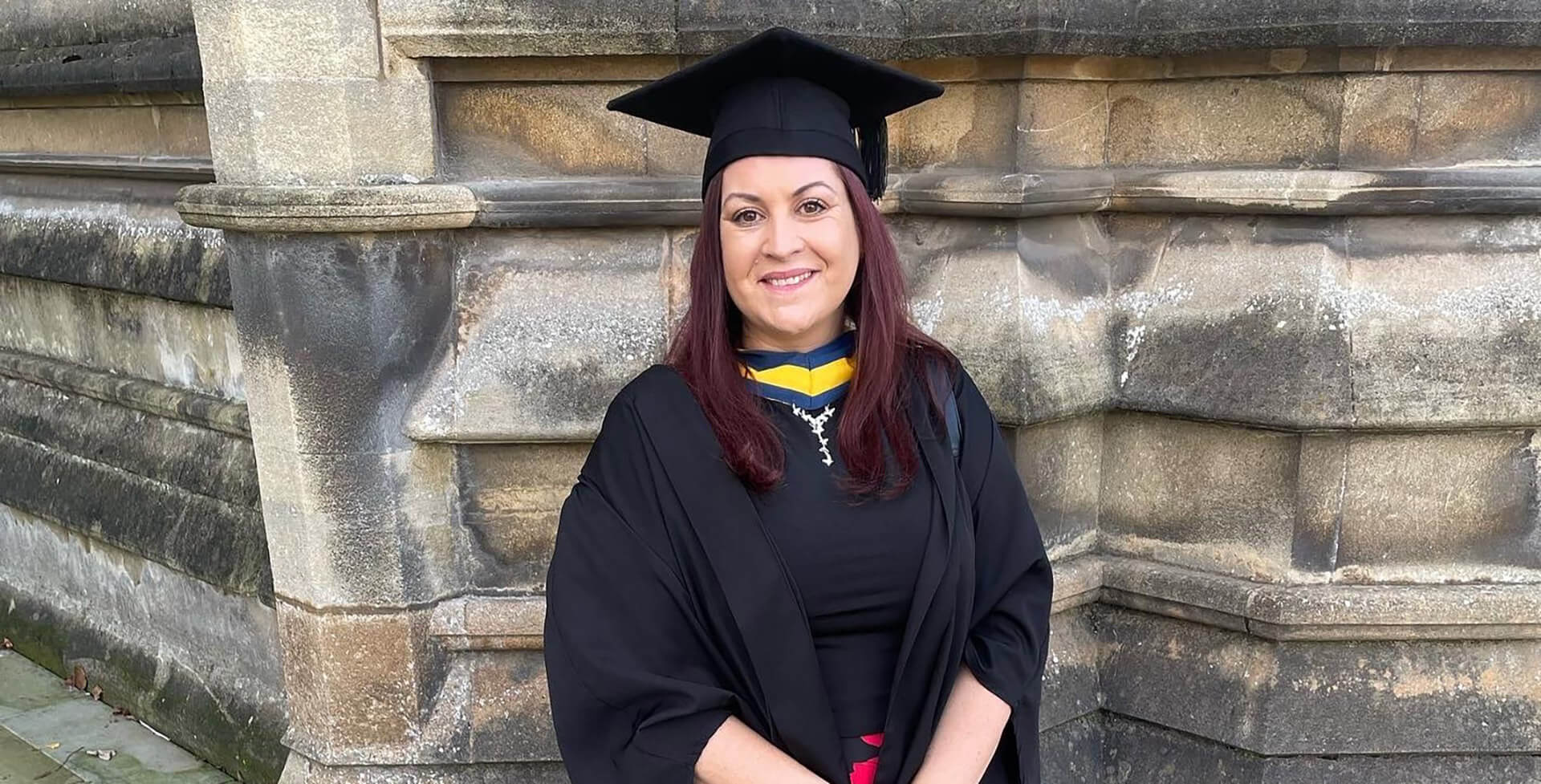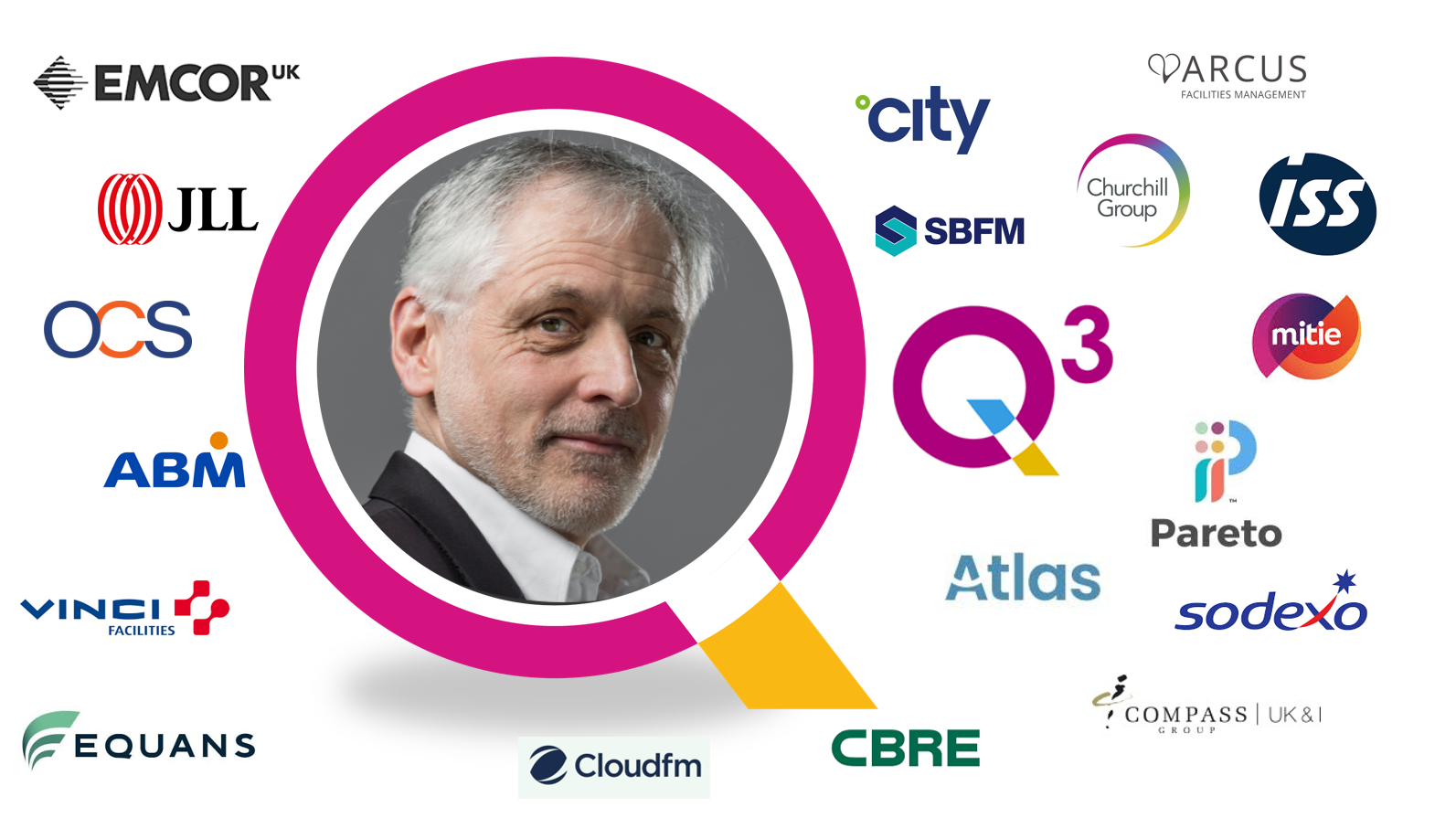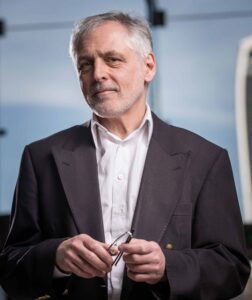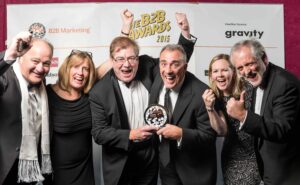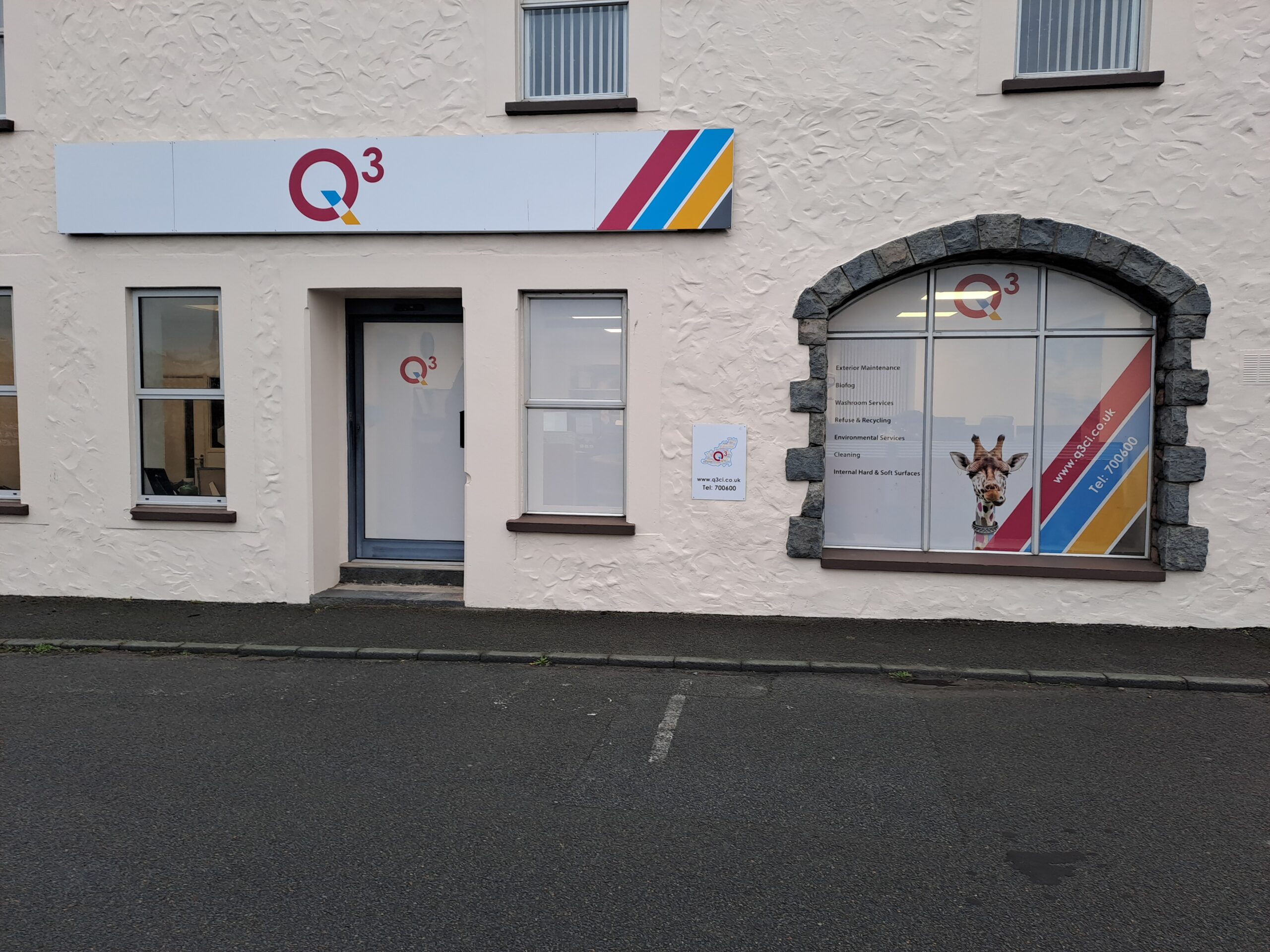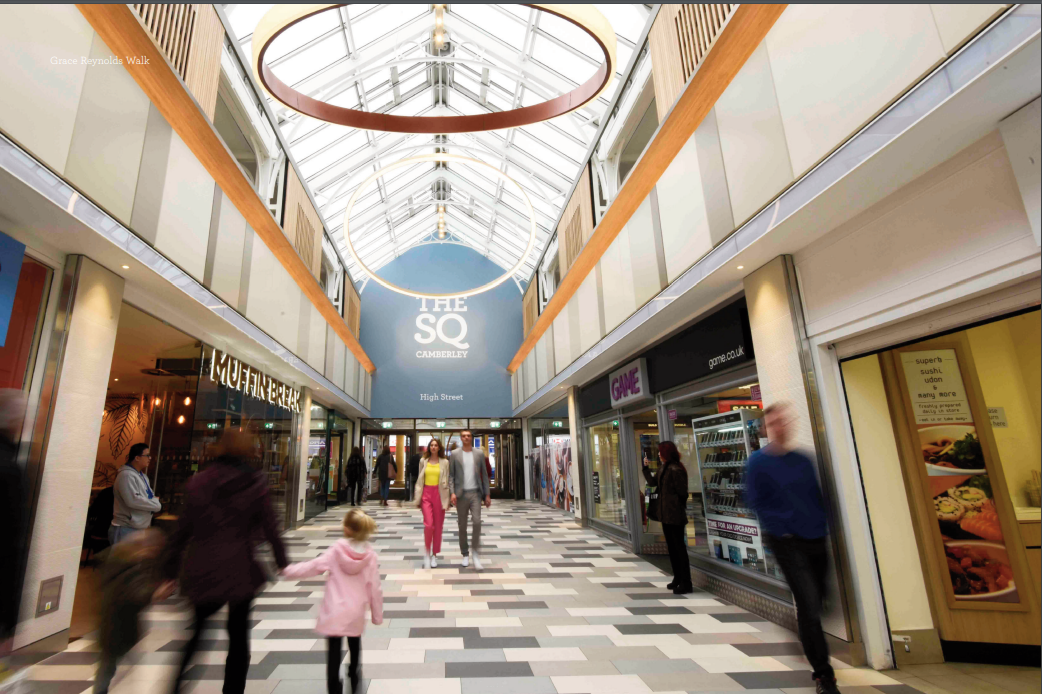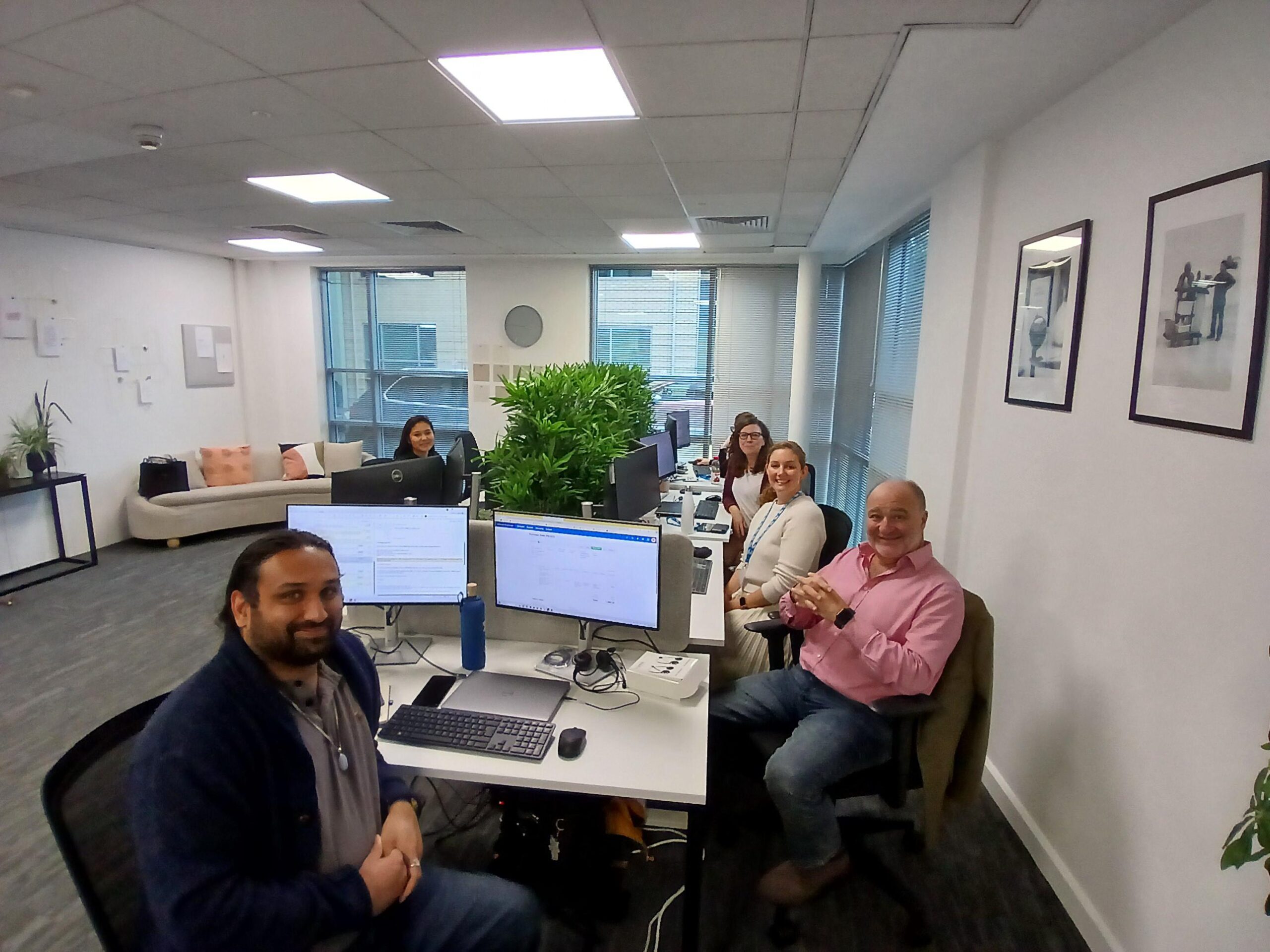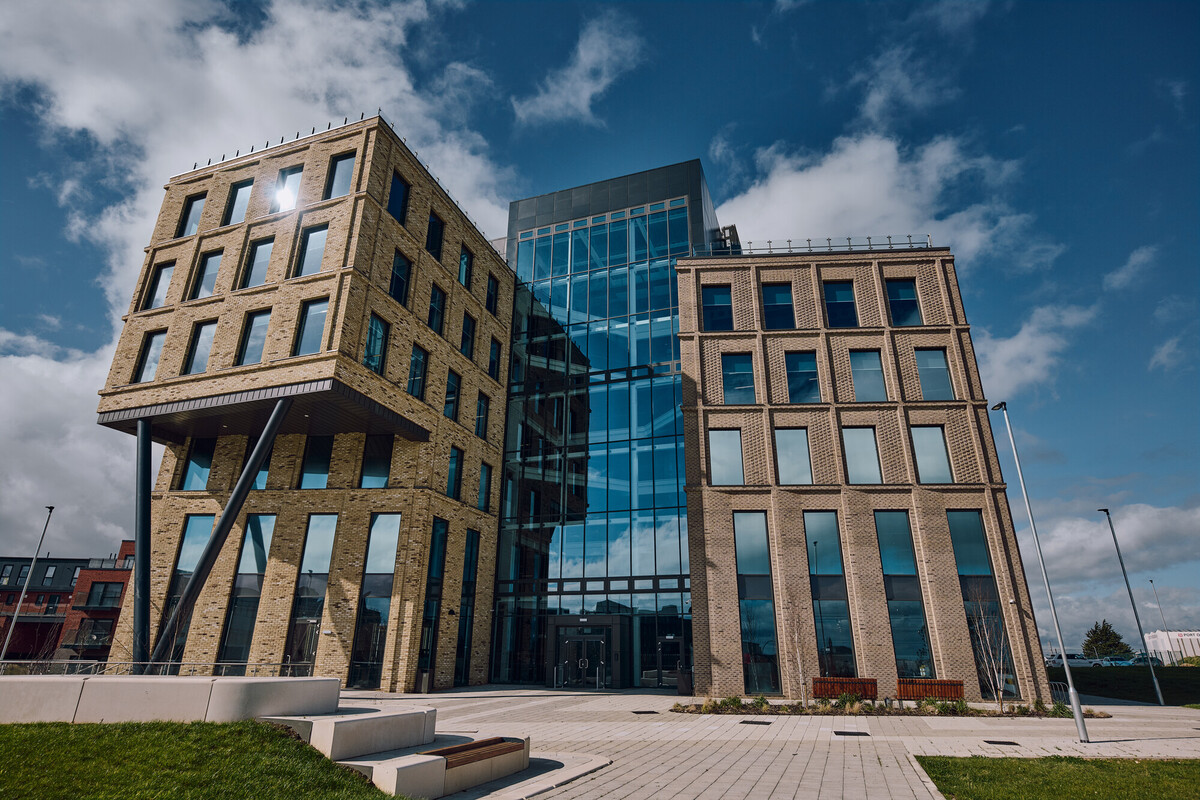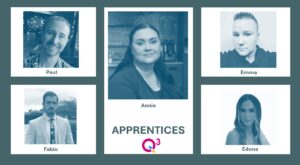Some thoughts from Lucy Hayes on the recruitment conundrum facing FM
Reproduced from an original article in the October edition of FMJ magazine 2025
When people ask me how I ended up in FM, I often joke that I took the scenic route. Starting in HR straight from school, pivoting into project management and bid coordination across defence and large FM contracts, then coming full circle to build an entire HR function from scratch, is hardly the textbook career trajectory. It was however, an incredibly valuable perspective builder. I learned that sometimes the most valuable leaders are those who’ve seen it from multiple angles. My journey through different sectors and functions has shaped exactly how I approach people management in FM today.
The power of perspective
Working in bid management for a large FM firm taught me something crucial: behind every successful facility, there are people making it happen. You can have the most sophisticated systems and processes in the world, but if your team isn’t engaged, supported, and valued, none of it works.
This realisation hit me during my time coordinating complex defence contracts. I was managing submissions for huge, budgeted tenders, but what really determined success wasn’t just technical capability, it was whether our people felt equipped, motivated, and trusted to deliver.
Building from the ground up
As a founding member of Q3, I was onboard before a HR function had been decided. With my background spanning both people management and operational delivery, I knew exactly what we needed and raised my hand to be the person to get if off the ground. It was about creating the kind of workplace where people genuinely want to contribute their best work, rather than just policies and procedures.
Having experienced both sides – large organisations where individual voices can get lost, and now helping to build something more agile – I’m convinced that FM needs more leaders who understand the full picture.
Recruiting with a different lens
This varied experience has completely changed how I approach recruitment. I’m not just looking for someone who ticks every box on a traditional job specification. I’m looking for transferable skills, adaptability, and genuine interest in what we do. Some of our best hires have come from unexpected backgrounds.
A candidate might not have direct FM experience, but they’ve managed complex logistics in retail or coordinated multi-site operations in hospitality. Those skills translate beautifully. Having worked across different environments means you can spot potential that others might miss.
The key is asking the right questions. Instead of “Have you worked in FM before?” I’m asking: “Tell me about a time you had to coordinate multiple priorities under pressure.” The answers reveal so much more than previous job titles.
Looking beyond the CV
When I’m recruiting, I’m having conversations about career aspiration and not just current capabilities. I want to understand what drives someone and how they handle the unexpected, because in FM, that’s guaranteed. This approach has opened up talent pools that many organisations overlook.
We’ve successfully recruited people from retail management, event coordination, and the armed forces. What they share is an understanding of service delivery, attention to detail, and keeping multiple stakeholders happy – core FM competencies. There’s also something valuable about bringing in people who see our industry with fresh eyes. They ask questions that industry veterans might not think to ask and challenge assumptions in ways that can lead to genuine innovation.
The recruitment process itself benefits from this broader perspective. When you’ve worked in different environments, you understand that talent comes in many forms. You’re more likely to create inclusive processes that don’t inadvertently exclude great candidates from different backgrounds. For client-facing roles, I’m not just looking at traditional account management backgrounds. I’m considering people from customer service, hospitality, or community relations. They often bring empathy and problem-solving ability that can transform client relationships.
Advice for candidates and employers
For anyone considering a career in FM, whether in HR or any other function, my advice is simple: don’t feel pressured to follow a linear path. The skills you pick up in project management or operational roles are fundamental to FM. And for employers? Start looking at what skills candidates have developed, not just where they developed them. Some of the best people managers I know didn’t start in HR. They started in roles where they experienced first-hand what it means to be well-supported (or poorly supported) in their work.
The human side of FM
Ultimately, FM is a people business serving people. Whether we’re maintaining a hospital, managing an office complex, or supporting a manufacturing facility, we’re in the business of creating environments where people can do their best work.
The leaders who understand this most deeply are often those who’ve taken the longer route to get there, who’ve worked in different roles, faced different challenges, and built up that essential empathy that comes from varied experience.
My journey from HR to bids to projects and back to HR wasn’t a detour. It was exactly the preparation I needed to understand what our people really need, and how to create the kind of workplace culture that not only attracts great talent but keeps them engaged and growing.
In an industry as dynamic and people dependent as FM, perhaps it’s time we stopped seeing non-traditional career paths as unusual and started recognising them as exactly what we need.
 Channel Islands
Channel Islands
